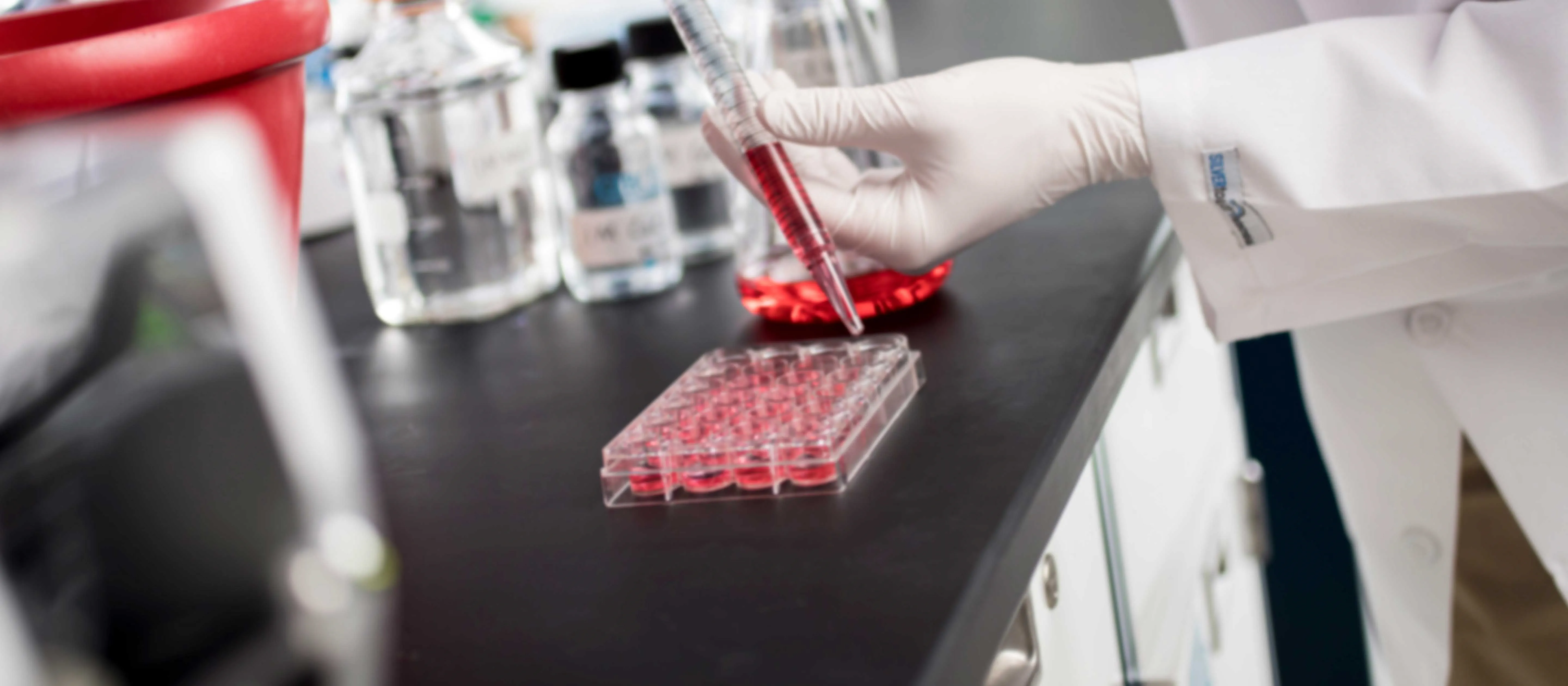Protect your family from respiratory illnesses. Schedule your immunization here >

Ranked nationally in pediatric care.
Arkansas Children's provides right-sized care for your child. U.S. News & World Report has ranked Arkansas Children's in seven specialties for 2025-2026.

It's easier than ever to sign up for MyChart.
Sign up online to quickly and easily manage your child's medical information and connect with us whenever you need.

We're focused on improving child health through exceptional patient care, groundbreaking research, continuing education, and outreach and prevention.

When it comes to your child, every emergency is a big deal.
Our ERs are staffed 24/7 with doctors, nurses and staff who know kids best – all trained to deliver right-sized care for your child in a safe environment.

Arkansas Children's provides right-sized care for your child. U.S. News & World Report has ranked Arkansas Children's in seven specialties for 2025-2026.

Looking for resources for your family?
Find health tips, patient stories, and news you can use to champion children.

Support from the comfort of your home.
Our flu resources and education information help parents and families provide effective care at home.

Children are at the center of everything we do.
We are dedicated to caring for children, allowing us to uniquely shape the landscape of pediatric care in Arkansas.

Transforming discovery to care.
Our researchers are driven by their limitless curiosity to discover new and better ways to make these children better today and healthier tomorrow.

We're focused on improving child health through exceptional patient care, groundbreaking research, continuing education, and outreach and prevention.

Then we're looking for you! Work at a place where you can change lives...including your own.

When you give to Arkansas Children's, you help deliver on our promise of a better today and a healthier tomorrow for the children of Arkansas and beyond

Become a volunteer at Arkansas Children's.
The gift of time is one of the most precious gifts you can give. You can make a difference in the life of a sick child.

Join our Grassroots Organization
Support and participate in this advocacy effort on behalf of Arkansas’ youth and our organization.

Learn How We Transform Discovery to Care
Scientific discoveries lead us to new and better ways to care for children.

Learn How We Transform Discovery to Care
Scientific discoveries lead us to new and better ways to care for children.

Learn How We Transform Discovery to Care
Scientific discoveries lead us to new and better ways to care for children.

Learn How We Transform Discovery to Care
Scientific discoveries lead us to new and better ways to care for children.

Learn How We Transform Discovery to Care
Scientific discoveries lead us to new and better ways to care for children.

Learn How We Transform Discovery to Care
Scientific discoveries lead us to new and better ways to care for children.

When you give to Arkansas Children’s, you help deliver on our promise of a better today and a healthier tomorrow for the children of Arkansas and beyond.

Your volunteer efforts are very important to Arkansas Children's. Consider additional ways to help our patients and families.

Join one of our volunteer groups.
There are many ways to get involved to champion children statewide.

Make a positive impact on children through philanthropy.
The generosity of our supporters allows Arkansas Children's to deliver on our promise of making children better today and a healthier tomorrow.

Read and watch heart-warming, inspirational stories from the patients of Arkansas Children’s.

Hello.

Arkansas Children's Hospital
General Information 501-364-1100
Arkansas Children's Northwest
General Information 479-725-6800

SoNIC Teens Study: Sickle Cell Neurological Impact and Cognition in Teenagers
Summary and Objectives
Sickle Cell Disease (SCD) is an inherited blood disorder, primarily affecting individuals of African American descent. At present, approximately 1 out of every 365 African American babies are born with SCD.
Oxygen is essential for every part of the body, and it’s carried through the bloodstream by red blood cells. Normally, these cells are round and move easily through blood vessels. In people with SCD, however, red blood cells are shaped like crescents or sickles. These misshapen cells don’t carry oxygen as well and can stick together, blocking blood flow. This can prevent oxygen and nutrients from reaching vital organs, including the brain.
The brain is a powerful and dynamic organ—it controls our thoughts, emotions, memory, movements, and much more. Even though it makes up only about 2% of the body’s weight, it uses a large amount of energy and requires a constant supply of oxygen to function properly. When the brain doesn’t get enough oxygen, it can become damaged, affecting a person’s ability to think, learn, remember, or make decisions.
Adolescence is a critical time for brain development as teenagers prepare for adulthood. Because the brain is still growing and changing during these years, it is especially important to understand how SCD may affect brain health during this stage of life.
Through this study, we are working to better understand how SCD impacts the developing brain. By comparing teenagers with SCD to those without the condition, we hope to uncover important insights that can help improve care and support for young people living with SCD.
Eligibility criteria
In addition to a few criteria that could prevent participation, there are criteria participants must meet including but not limited to the following:
- Must be between the ages of 12-17 years old
- Must be able to understand English
- Must be able to undergo MRI
- Must not have a condition associated with significant intellectual disability or a history of stroke accompanied by neurological signs and symptoms
- Sickle Cell Disease Patients Must have qualifying disease
- Control Group Must have NO family history of sickle cell disease or sickle cell trait
- Since SCD is primarily diagnosed in individuals of African American descent, we will focus recruitment on individuals from the African American community.
Contact Information: For more information, contact Bianca Mahomes at 501-364-4693.
Principal Investigator: Dr. Ellen van der Plas

